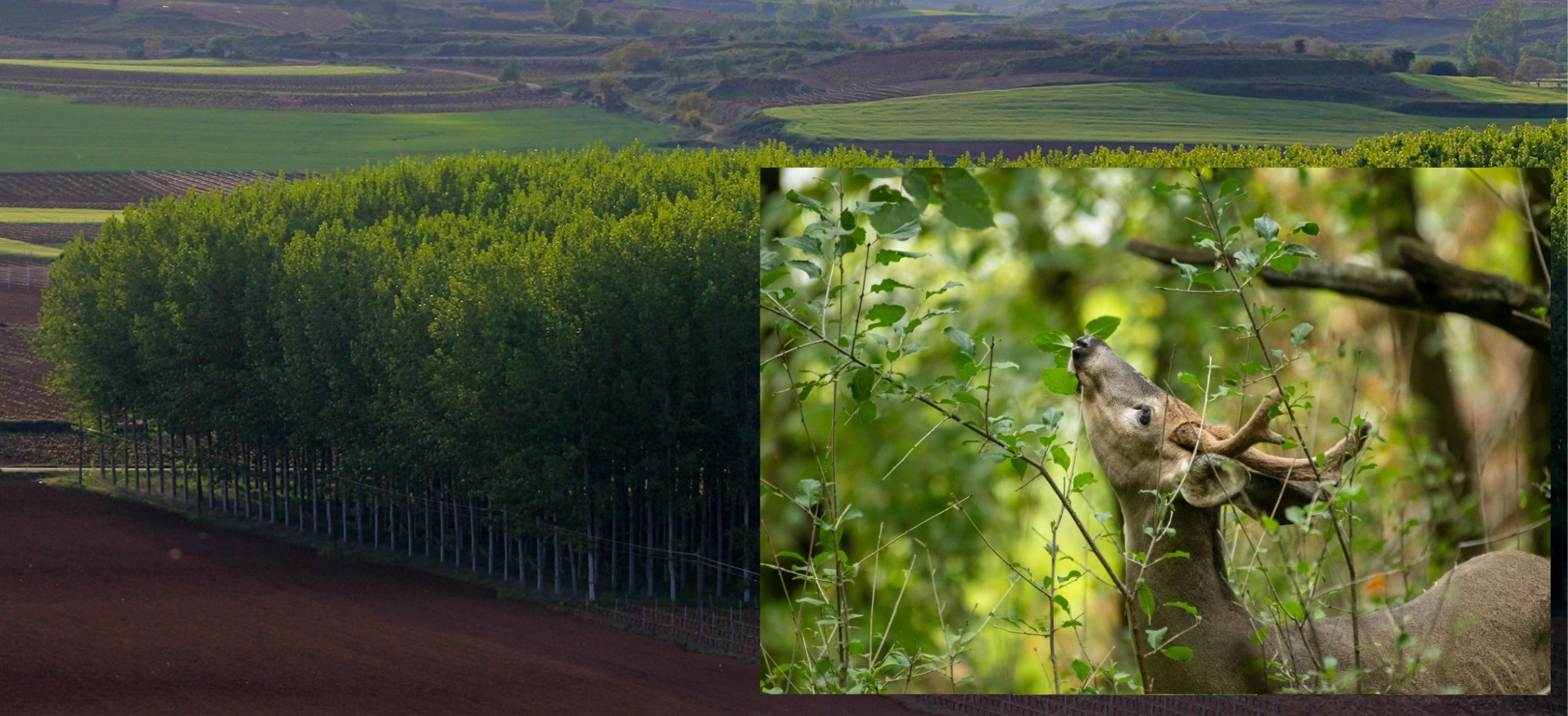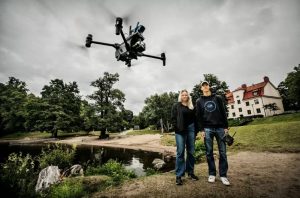Stockholm, Sweden – Wildlife grazing causes an annual socio-economic loss of SEK 20.5 billion in Sweden alone. In response to this significant issue, FLOX Robotics, a leader in autonomous wildlife management solutions, is excited to announce it has received substantial support from the Swedish Energy Agency for a groundbreaking environmental initiative. Set to launch in August 2024 and continue through August 2025, this project, in collaboration with the forest company Holmen and the Swedish University of Agricultural Sciences (SLU), aims to deploy AI-powered automated intelligent wildlife management solutions to reduce wildlife damage to fast-growing tree species, thereby increasing biomass and promoting renewable energy production.
The initiative is expected to validate FLOX Robotics’ solutions in forestry settings and pave the way towards revolutionizing forestry practices by significantly reducing wildlife damage. Such innovation could potentially cut costs by 70% compared to traditional fencing methods. By 2035, it is projected that FLOX Robotics’ solutions could enable the annual production of 35-53 TWh of energy from fast-growing deciduous trees, meeting 25-38% of Sweden’s energy needs. The overarching goal is to enhance sustainable energy production both in Sweden and globally.
Current methods for protecting vital deciduous trees from wildlife grazing are costly and labor-intensive, presenting a significant barrier to scaling up the production of critical biomass for renewable energy. The traditional solution, fencing, is prohibitively expensive, rendering the cultivation of these trees unprofitable and limiting the expansion of new forest areas. This project aims to address these challenges by validating an innovative solution that reduces wildlife damage in a more cost-effective and sustainable manner.
The purpose of this project is to trial a preliminary version of the FLOXfixed device in a forest setting for the first time. Our objective is to gather data on the scare effects on wildlife and evaluate how our solutions impact animal behavior. This includes collecting crucial data that can be used to assess how a future system could provide sufficient and effective wildlife deterrence and establish a realistic cost model.
This project will be conducted through a pilot trial in Sörmland where the technology will be assessed under realistic forest conditions for the first time. In collaboration with SLU and Holmen, we aim to leverage their expertise in the field while also attracting interest, building networks, and creating trust among potential partners for future testing with customers as the next step.




